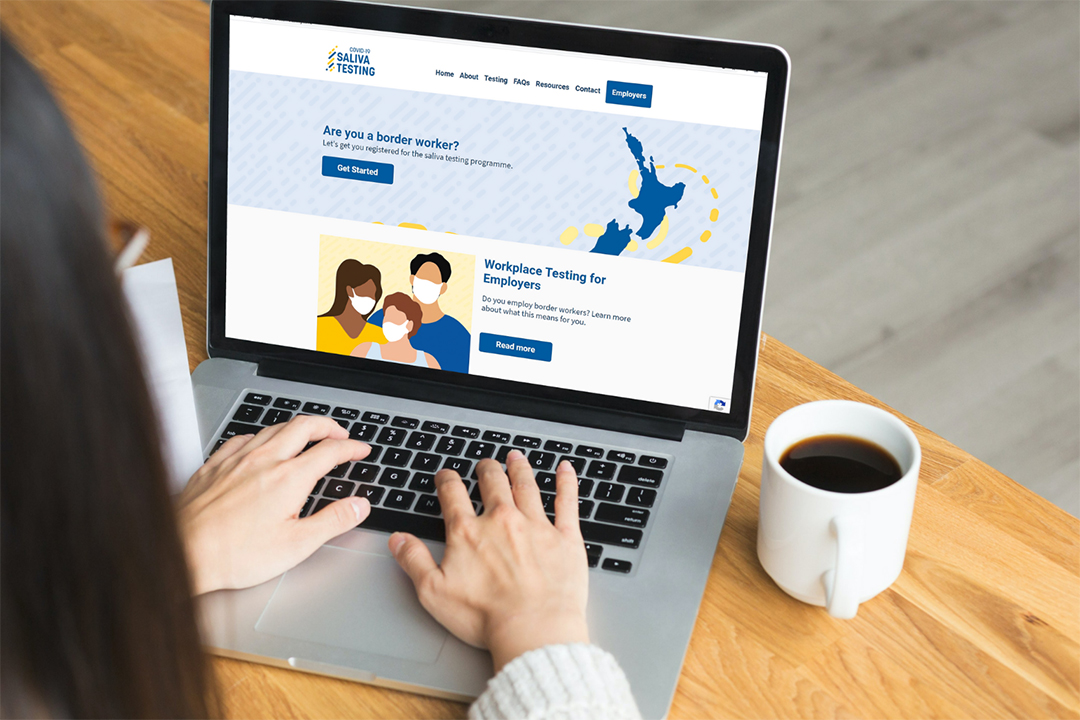Today, Awanui welcomed the opportunity to provide additional surveillance testing using saliva as a sample for permitted workers crossing alert level boundaries.
Awanui is the largest provider of laboratory services in New Zealand performing over 30 million tests annually. The Awanui network comprises 25 laboratories and 150 collection centres across New Zealand, with the largest laboratory workforce of over 2,100 staff, including 70 specialist medical pathologists.
Awanui laboratories have also been instrumental in the COVID-19 response since the start of the pandemic having performed over 1.2 million COVID-19 tests so far. Awanui is also delivering the saliva testing programme for border and MIQ workers under contract with the Ministry of Health.
The Awanui network’s CEO Anoop Singh said the work done to get the nationwide roll out of saliva testing for border workers underway has been a success, and the network is geared up for the additional saliva testing for permitted workers crossing alert level boundaries.
“We assembled a nationwide team and increased testing capacity in addition to our nasopharyngeal and oropharyngeal swab testing in order to design and deploy a complete end-to-end saliva testing system.
“Everything from developing a mobile phone app and custom-made testing stations for worksites, through to integration with the Ministry and ESR IT systems. We are very proud of the work we have accomplished in a short time.
“We have been really pleased with the feedback from border workers using the saliva testing service and expect many of the essential workers travelling across the Auckland border to also choose saliva for surveillance testing,” said Mr Singh.
The Ministry of Health has stated that taking a saliva sample is a self-administered process which does not require a healthcare worker. Saliva samples can be taken at home or at work and collection drop-off boxes will be made available at accessible locations, which they say is particularly helpful for shift workers who may find it difficult to get tested during regular hours.
This regular testing will provide the assurance that travel is being done safely and prevent COVID-19 crossing boundaries from these higher risk settings.
